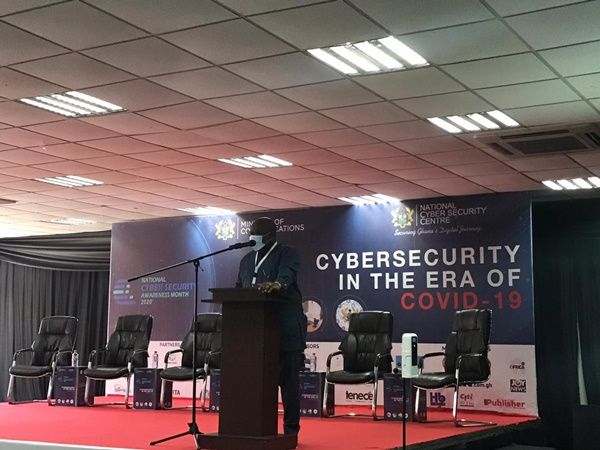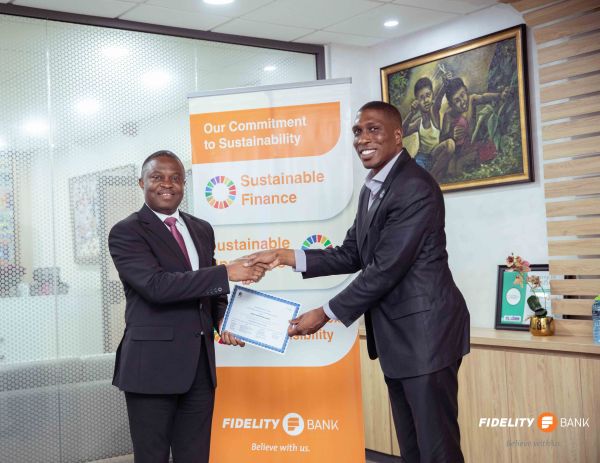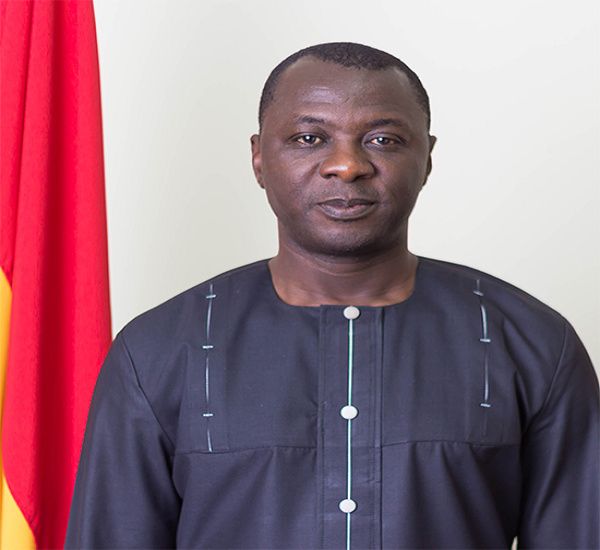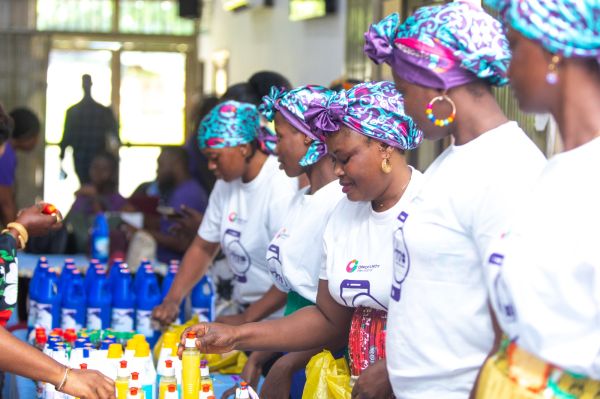
Deputy Minister of Communication, Hon. George Andah says digitization has proven to be the best option for business continuity, normalization, access to educational facilities and materials, and critical operations in spite of the fact that the IMF has forecasted that the COVID-19 pandemic is set to result in the worse recession since the Great Depression in the 1920s and majorly in the 1930s.
According to him, numerous economies have been hard hit by the outbreak of the pandemic and Ghana is of no exception, but despite these discouraging statistics, there has been a heightened dependency on technology tools to ensure the continuous access to goods and services.
“ . . digitalization has proven to be the best option for business continuity, normalization, access to educational facilities and materials, and critical operations among other endeavors."
Delivering his keynote address at the National Cybersecurity roundtable forum on the impact of COVID-19 on Ghana’s digitization agenda, George Andah mentioned that some countries, through the use of Artificial Intelligence have utilized technology and digital platforms, to proffer solutions, identify COVID-19 treatments, and aid in contact tracing.
He stressed that as part of the Government’s efforts to address the COVID-19 pandemic, the Ghana COVID-19 Tracker App was rolled out to aid in the tracking of possible COVID-19 positive cases.
He added that the communications sector among others has been working tirelessly to shoulder the huge responsibility of ensuring seamless interactions within the digital ecosystem; hence, the migration of services unto digital platforms by schools, businesses, and the government has inadvertently made the digital ecosystem the heartbeat of the economy.
He, therefore, entreated industry players to double their efforts to beat the International Monetary Fund (IMF) earlier suggestion that Ghana’s 2020 estimated GDP growth rate could decline from 6.8 percent to 2.6 percent due to lower productivity associated with various lockdown measures.
“We must therefore double our efforts because, the Critical National Information Infrastructure (CNII) of our country, which encompasses education, finance, health, telecommunication, and government thrives successfully on digital systems, and consequently contribute significantly to our socio-economic development,” he suggested.
He emphasized that a disruption in the services of these infrastructure would have a devastating impact on our national security and other sectors of the economy; thus, at the height of the COVID-19 crisis, the country witnessed a surge in the use of various digital platforms around the globe and Ghana.
“Globally, a 59% penetration rate was recorded for internet users as of July 2020 (source: “We are social”) and a 48% penetration rate for internet users was recorded for Ghana as of January 2020,” he disclosed.
He said that in order to make room for these surges, the Government of Ghana, through the Ministry of Communications, granted an extra spectrum to some mobile network operators to ease the pressure by the public on data bandwidth.
“As more people take to digital platforms to conduct businesses and enjoy services, the Government is not oblivious of the risks associated with the increased interaction in our digital space. The Government has therefore put in place stringent measures to address some of these issues, especially ones that pertain to the increase in internet accessibility,” he indicated.











